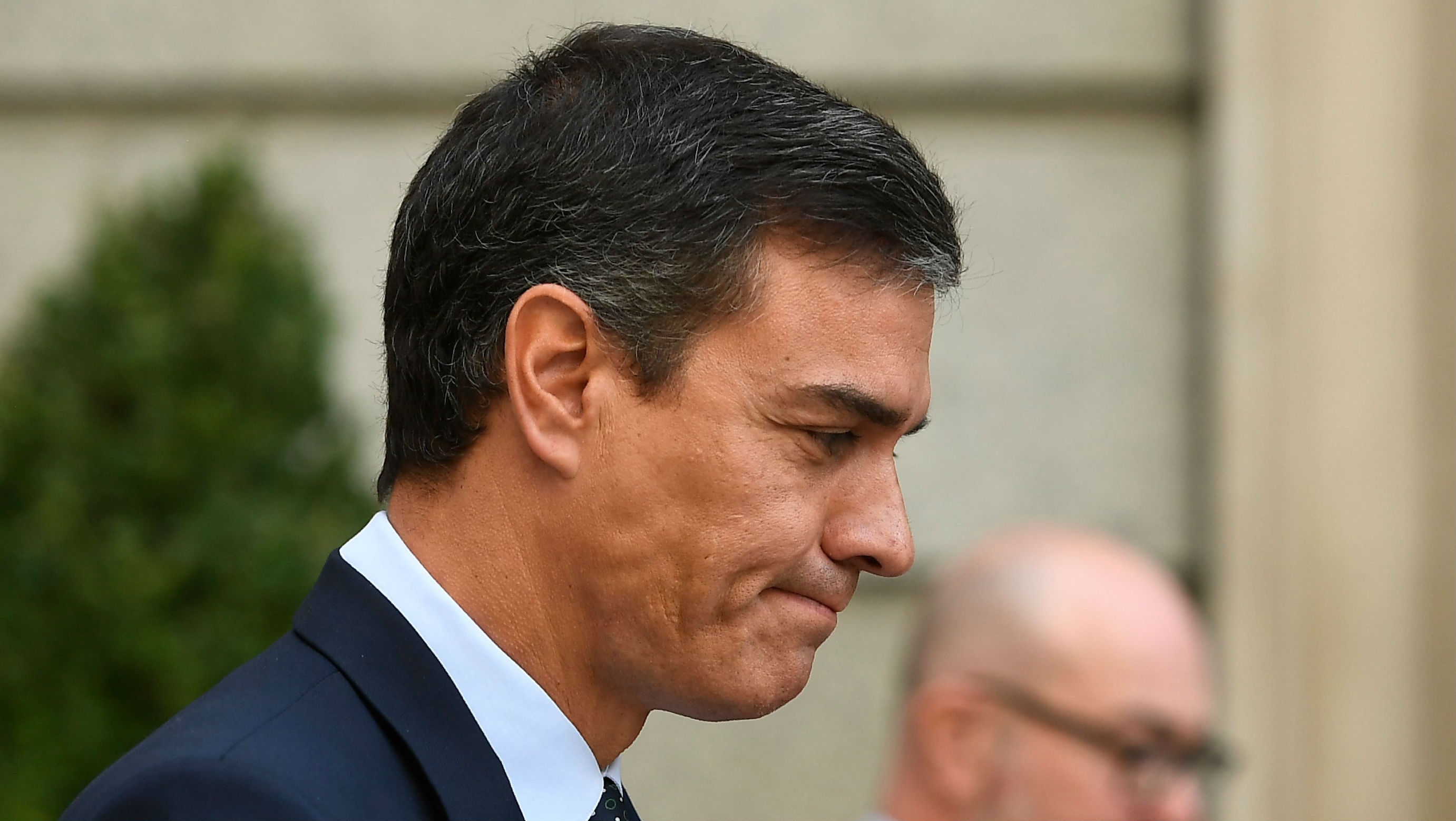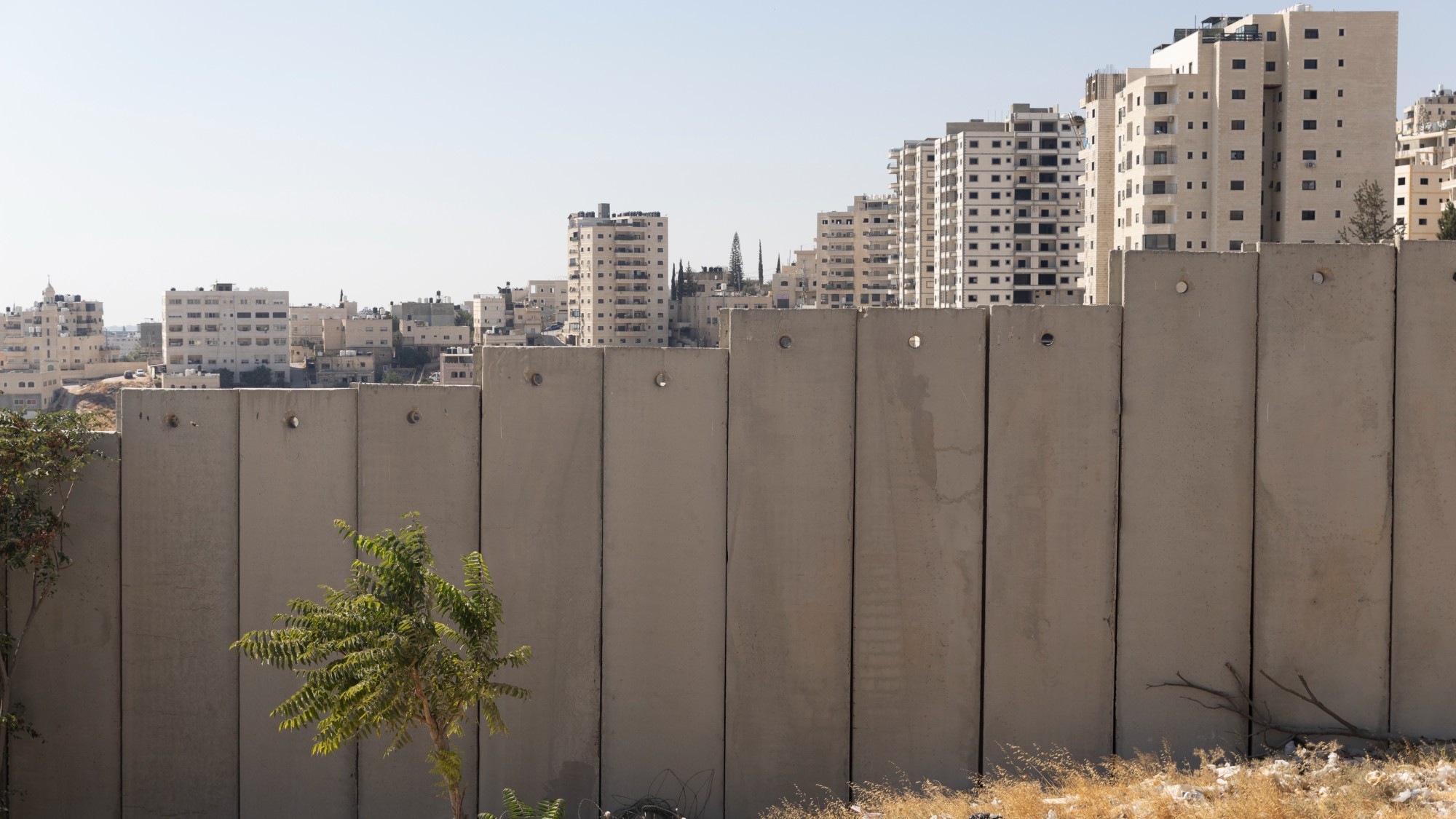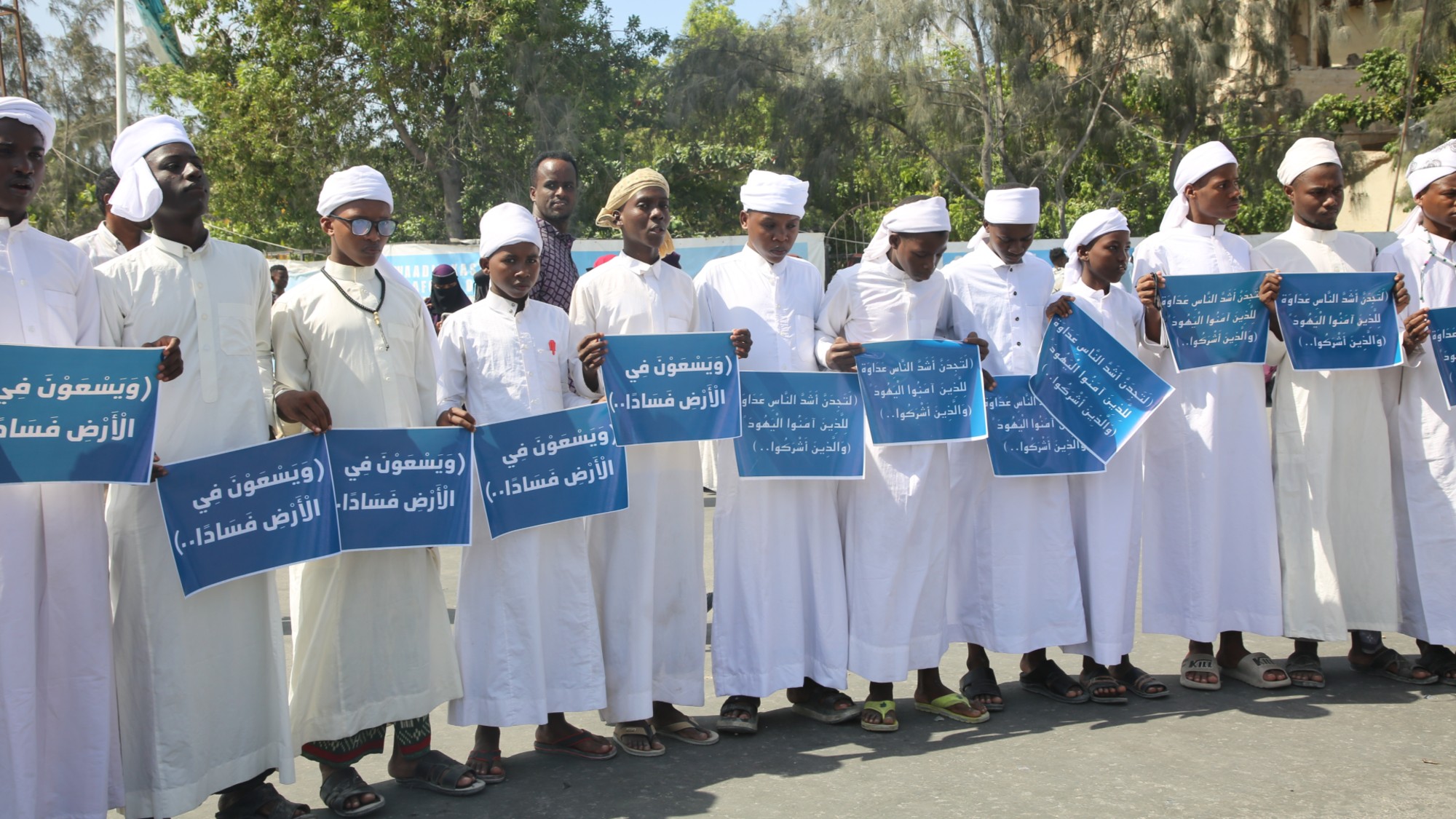How democracies are becoming harder to govern
Experts say Spain is ‘paradigm’ for growing fragmentation and political division

A free daily email with the biggest news stories of the day – and the best features from TheWeek.com
You are now subscribed
Your newsletter sign-up was successful
Spain has announced its fourth election in four years, after the country’s acting prime minister failed to secure enough support in parliament to form a government.
Meanwhile, leaders in Israel face another long period of negotiations as early results from the nation’s second election in a year suggest the vote will be too close to call.
And in the UK, Boris Johnson has lost his working majority and has been seeking a snap election, just two years after his predecessor Theresa May did the same in 2017.
The Week
Escape your echo chamber. Get the facts behind the news, plus analysis from multiple perspectives.

Sign up for The Week's Free Newsletters
From our morning news briefing to a weekly Good News Newsletter, get the best of The Week delivered directly to your inbox.
From our morning news briefing to a weekly Good News Newsletter, get the best of The Week delivered directly to your inbox.
In fact, according to The Economist, “more than a quarter of the current parliaments in Europe were elected in polls that were called early”.
The news site notes that while different countries have different problems, there are some common themes: in Spain and the UK, for example, “stable two-party systems have given way to wobbly four- or five-party ones”. And countries with coalition governments, such as Sweden, Finland, Czech Republic, Belgium and Italy, have “suffered unusually protracted negotiations”.
In some cases, this means the executive is unable to pass basic laws necessary for running the nation.
The Economist adds that “the home of failure to pass meaningful laws is the United States, where both Republicans and Democrats have given up on passing legislation until after the presidential election of 2020”.
A free daily email with the biggest news stories of the day – and the best features from TheWeek.com
Dom Walsh, a policy analyst for think-tank Open Europe, offers further examples of the “splintered political landscape”.
“In Germany, both the centre-right Christian Democrats and the centre-left Social Democrats have seen their support hollowed out by the pro-EU Greens and the nationalist Alternative fur Deutschland (AfD),” he writes in an article for news site CapX. “The political landscape in the Netherlands has become so diverse that the process of fragmentation elsewhere is often referred to as ‘Dutchification.’”
Walsh says that, across Europe, politics is “becoming more diverse and multidimensional”, with traditional left-right divisions increasingly “eclipsed with cross-cutting questions of culture and identity, particularly immigration and climate change”.
“While it has the advantage of giving voters a wider range of choices, political fragmentation has already made several European countries much harder to govern,” he adds.
Stratfor, an American geopolitical intelligence platform, says Spain is a “paradigm” for this increase in division. “While there are fewer overall parties in Spain’s parliament than a decade ago, the distribution of seats is much more balanced,” the site notes.
In April, the Spanish Socialist Workers’ Party (PSOE) gained the most seats, but fell short of a majority. Its leader, acting PM Pedro Sanchez, has been seeking a solution for several months, but yesterday admitted that the political deadlock was insurmountable, before declaring another election in November.
Stratfor suggests there is a widespread feeling across the Continent that the “traditional political forces are out of touch with the reality of millions of families”. Against the backdrop of the economic crisis of the 2010s and the immigration crisis, more extremist parties have emerged and forced centrist parties to move to the left or right, causing further polarisation.
Tim Dixon, co-founder of the international initiative More In Common, calls the present situation “a historic crisis point for modern democracies and pluralist societies”.
“Since the Second World War, many democratic countries have experienced divisive flashpoints, but there is something unique in the postwar era about the way pluralism and democracy are simultaneously under siege in so many places,” says Dixon, writing for the World Economic Forum.
He laments a “deepening distrust” among people worldwide, with growing intolerance for those with different beliefs and backgrounds, and calls for a “fresh lens for policy-making to develop policies that counter deepening social fractures and address the insecurities that make people vulnerable to us-vs.-them narratives”.
Few predicted this turn of events at the start of the century two decades ago and as a result, we allowed our systems to decay, says Dixon. He concludes: “We have begun to pay a price for this neglect, but that price could yet become much greater.”
Hollie Clemence is the UK executive editor. She joined the team in 2011 and spent six years as news editor for the site, during which time the country had three general elections, a Brexit referendum, a Covid pandemic and a new generation of British royals. Before that, she was a reporter for IHS Jane’s Police Review, and travelled the country interviewing police chiefs, politicians and rank-and-file officers, occasionally from the back of a helicopter or police van. She has a master’s in magazine journalism from City University, London, and has written for publications and websites including TheTimes.co.uk and Police Oracle.
-
 The Olympic timekeepers keeping the Games on track
The Olympic timekeepers keeping the Games on trackUnder the Radar Swiss watchmaking giant Omega has been at the finish line of every Olympic Games for nearly 100 years
-
 Will increasing tensions with Iran boil over into war?
Will increasing tensions with Iran boil over into war?Today’s Big Question President Donald Trump has recently been threatening the country
-
 Corruption: The spy sheikh and the president
Corruption: The spy sheikh and the presidentFeature Trump is at the center of another scandal
-
 ‘Bad Bunny’s music feels inclusive and exclusive at the same time’
‘Bad Bunny’s music feels inclusive and exclusive at the same time’Instant Opinion Opinion, comment and editorials of the day
-
 ‘The West needs people’
‘The West needs people’Instant Opinion Opinion, comment and editorials of the day
-
 Is the Gaza peace plan destined to fail?
Is the Gaza peace plan destined to fail?Today’s Big Question Since the ceasefire agreement in October, the situation in Gaza is still ‘precarious’, with the path to peace facing ‘many obstacles’
-
 How Iran protest death tolls have been politicised
How Iran protest death tolls have been politicisedIn the Spotlight Regime blames killing of ‘several thousand’ people on foreign actors and uses videos of bodies as ‘psychological warfare’ to scare protesters
-
 The Board of Peace: Donald Trump’s ‘alternative to the UN’
The Board of Peace: Donald Trump’s ‘alternative to the UN’The Explainer Body set up to oversee reconstruction of Gaza could have broader mandate to mediate other conflicts and create a ‘US-dominated alternative to the UN’
-
 Israel’s E1 zone in the West Bank: the death of the two-state solution?
Israel’s E1 zone in the West Bank: the death of the two-state solution?The Explainer Controversial new settlement in occupied territories makes future Palestinian state unviable, critics claim
-
 ‘The security implications are harder still to dismiss’
‘The security implications are harder still to dismiss’Instant Opinion Opinion, comment and editorials of the day
-
 ‘Let 2026 be a year of reckoning’
‘Let 2026 be a year of reckoning’Instant Opinion Opinion, comment and editorials of the day